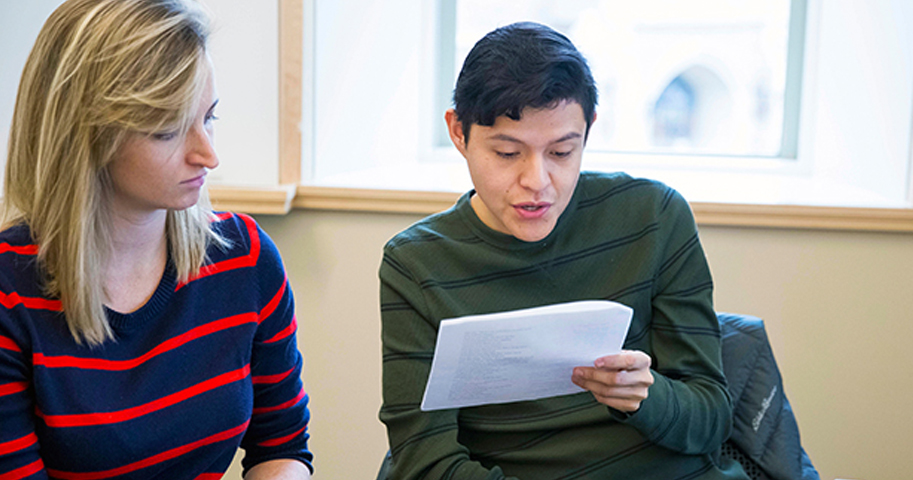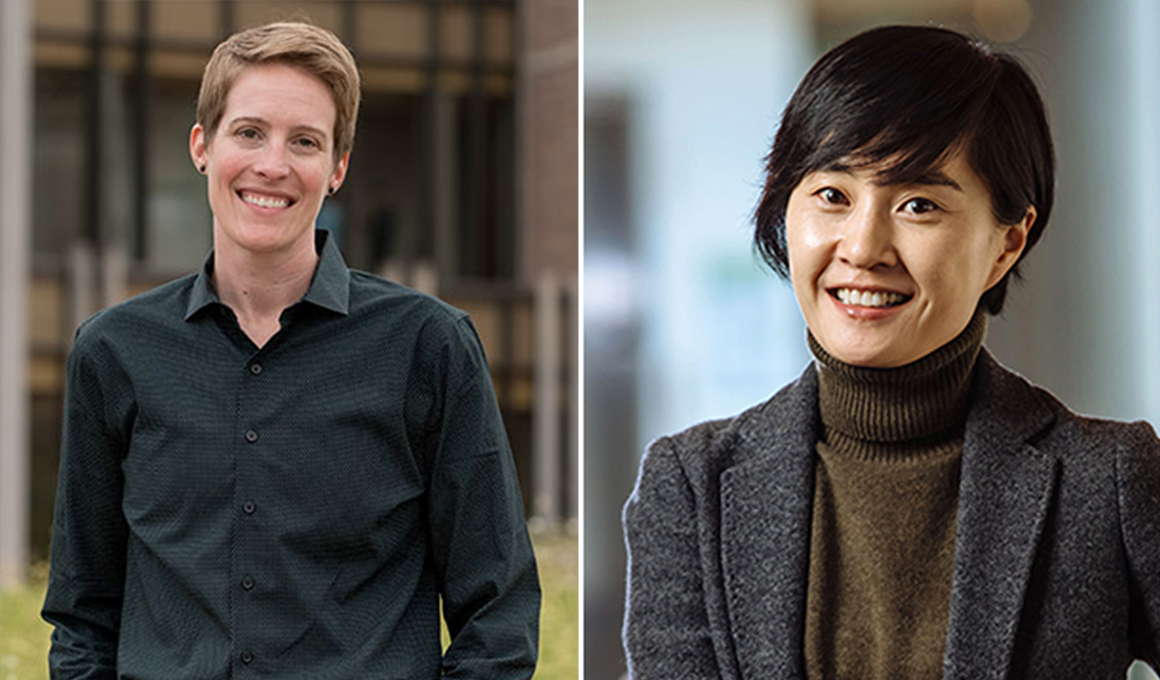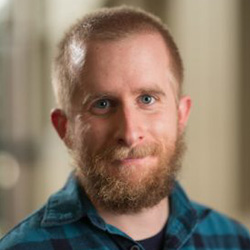Older Adults and Aging Societies Specialization
This specialization provides students with expertise in working with older adults, their families and the service delivery system for aging societies. It also prepares students to develop policy and program strategies to address the challenges and opportunities of population aging.
Students in the Older Adults and Aging Societies (OAAS) specialization are guided by a multi-level perspective on aging. At the micro-level, they learn foundational skills in interpersonal and psychotherapeutic interventions with older adults and their families. At the mezzo and macro levels, they learn about contemporary perspectives and theories in gerontology and are exposed to work in advocacy, service provision, program development and evaluation. The specialization emphasizes diverse perspectives on aging and social justice throughout its courses and through mentorship with faculty.
Graduating students are employed in both the public and private sectors, nationally and internationally. Some directly serve older adults and their families in traditional settings such as care management programs, assisted living facilities, hospitals and home health agencies. Others work in public agencies at the local, state and federal levels, overseeing home- and community-based service programs and engaging in policy advocacy for older adults. Several graduates have taken positions in national nonprofit organizations, and many have gone on to doctoral work.

Career Paths
Recent graduates have been employed in positions such as:
- Director of Social Services
- Community Development Coordinator
- Fundraising, Development and Planning Specialist
- Social Worker in any health or long-term care setting
- Therapist (serving older adults and their families)
- Clinical Case Managers
Specialization Requirements: 9 Credits
- Contemporary Perspectives on Aging (3 credits)
- Social Policies, Services and Programs in Aging (3 credits)
- A pre-approved practice methods course from the following concentrations or specializations (3 credits): Mental Health, Health, Sexual Health & Education, and Violence & Injury Prevention
Practicum
The OAAS specialization requires 120 hours of related tasks during the concentration practicum. Sample practicum sites include:
- BJC Hospice Covenant Place
- Department of Veterans Affairs Medical Center
- Memory Care Home Solutions
- Voyce
- National Council on Aging
- Lutheran Senior Services
- OASIS Institute
- St. Louis Area Agency on Aging
- St. Louis Chapter, Alzheimer’s Association
Additional Resources
WashU’s Harvey A. Friedman Center for Aging provides OAAS students with additional resources for engaging in interdisciplinary educational and research efforts related to aging.
Specialization Co-Chairs

Vanessa Fabbre is affiliate faculty in Women, Gender, and Sexuality Studies and a faculty scholar in the Institute of Public Health at Washington University in St. Louis.
Associate Professor Sojung Park is an environmental gerontologist who aims to expand knowledge of the person-environment dynamics in old age that can reduce disparities in health and well-being.


“At the Brown School, I gained knowledge and skills for working with older adults and their families and that expertise was highly valued in the hospital emergency room. The training in aging and connections I made during my time at the Brown School prepared me for a career in health, where I can serve adults of all ages and bring particular expertise to my work with older adults.”
Jay Kayser, MSW ’15
Former Medical Social Worker, Barnes-Jewish Hospital in St. Louis, MO